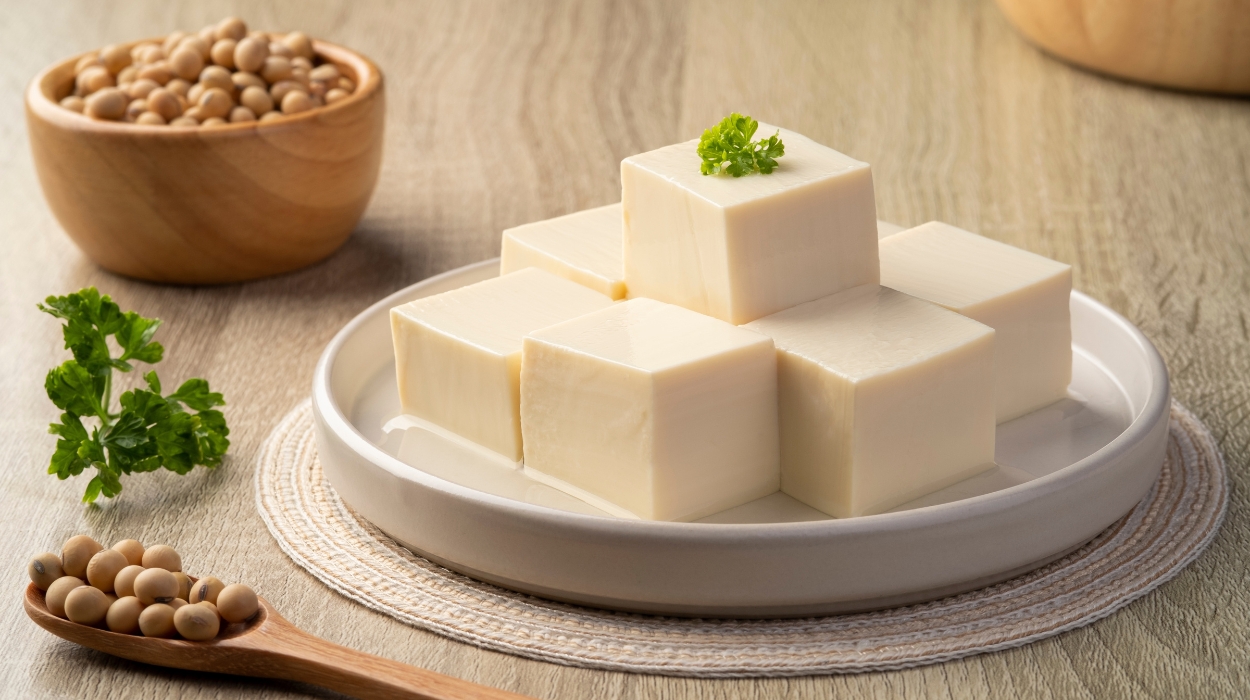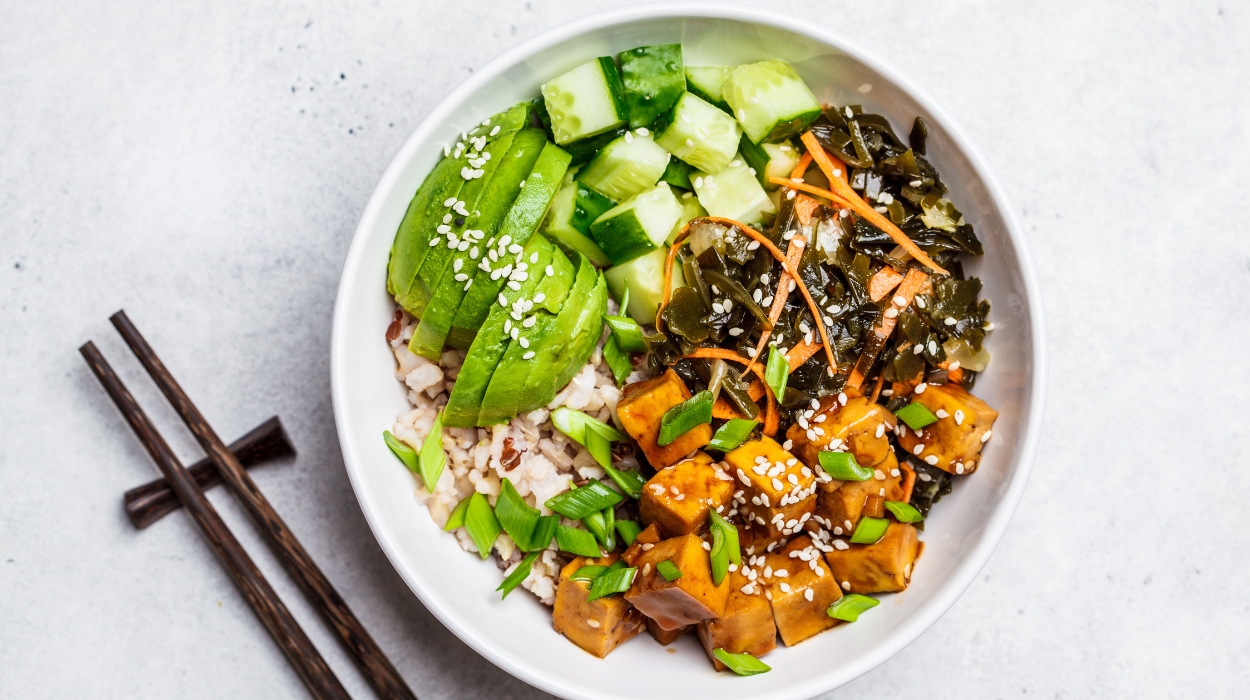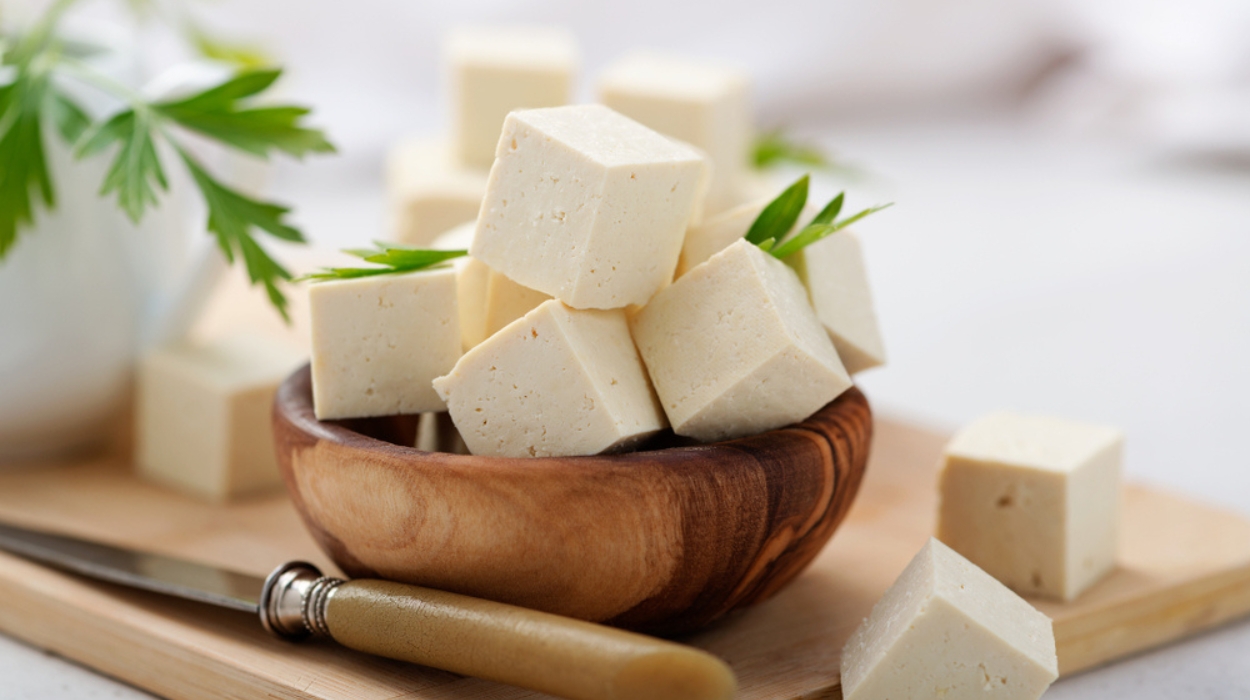Obesity affects about 600 million people[1] worldwide and poses many health complications. People with obesity are at higher risk of[2] heart disease, type 2 diabetes, and some cancers like breast cancer.
Treatment of obesity includes diet and exercise. Among the optimal diets for obesity treatment[3] are:
- Low-fat diets: Very low to moderate fat consumption, ≤10%-≤30% of calories from fat
- Low-carb diets: Carbohydrate intake below 45%–65% of total daily energy.
- Ketogenic diets: Low carbohydrate intake, <50 grams/day.
- High-protein diets: 1.2-1.5 grams of protein per kilogram[4] of actual body weight is needed for normal protein requirements.
- Mediterranean diets: Emphasis on fruits and vegetables, legumes, poultry, fish, olive oil, and dairy products.
- Vegetarian weight loss diets: All plant foods.
- Nordic diets: Unprocessed whole grains, fish, low-fat dairy foods, high-fiber vegetables, lean meats, tofu, and legumes.
- Paleolithic diets: lean meat, fish, vegetables, fruits, and nuts.
- Low glycemic index diets: low-glycemic index foods slowly release sugar into the bloodstream, preventing spikes in blood sugar levels.
Tofu fits in all these diet plans. But is tofu good for weight loss? Let’s find out below.
Is Tofu Good For Losing Weight?
Yes, tofu is good for losing weight for a few reasons.
- It is low in calories, promoting a calorie deficit.
- It’s protein-rich, facilitating satiety.
- It is low in fat, reducing overall calories.
- It’s rich in calcium, iron, potassium, and phosphorous
Tofu is a versatile food you may incorporate in your vegetarian and non-vegetarian weight loss diet plans.
Is Tofu Good For Weight Loss?

Yes, tofu is good for weight loss; here is why:
Tofu[5] is a native Chinese delicacy made with condensed soymilk. It contains all the essential amino acids your body needs and is rich in minerals and vitamins.
Tofu increases the intake of protein and minerals and lowers overall calorie and fat consumption.
Ingredients
Soy Protein
Soy proteins offer the body all the essential amino acids.[6] Amino acids promote satiety and may favor lean mass maintenance.[7] The high satiating effect of tofu may reduce your overall food intake because you feel fuller for longer.
Maintaining muscle mass is crucial for weight loss because skeletal muscles are metabolically active,[8] burning fat at rest.
Calcium
According to a 2019 review,[9] calcium’s health benefits for weight loss are:
- Regulating the formation of fat cells and fat storage.
- Modulating fat metabolism and increasing fat breakdown.
- Decreasing fat absorption.
Iron
Iron deficiency is common in people with obesity, and it may cause obesity-associated inflammation. As per a study, boosting its intake is a healthy weight loss plan since it may improve inflammatory markers.[10]
Fiber
Dietary fiber promotes weight loss,[11] especially for adults pairing it with a low-carbohydrate diet.
Magnesium
Magnesium supplementation between 48 milligrams and 450 milligrams daily reduces body mass index and may reduce body weight[12] in 6 to 24 weeks. A lower body mass index, i.e., BMI, shows that your body has less body weight relative to your height.
Potassium
Potassium may also reduce your[13] BMI. Further studies are needed to determine how potassium reduces bmI.
Phosphorous
According to a 2015 randomized clinical trial, 12 weeks of phosphorous supplementation reduces body weight, appetite, and waist circumference.[14] Mechanisms of action remain to be determined.
Calorie And Fat Content
Tofu’s calorie and fat content[15] is only 144 kilocalories and 8.72 grams of fat in a 100-gram raw firm block of tofu. Studies claim that a calorie deficit of 500–750 calories per day[3] efficiently aids in losing weight. Tofu is low in calories and promotes a calorie-deficit diet, supporting weight loss.
Low fat intake leads to slightly lower[16] weight, waist circumference, body mass index, and body fat percentage.
Besides weight management, tofu’s benefits extend to the brain, heart, and overall human health. For instance, tofu contains soy isoflavones, which benefit the heart by improving arterial stiffness,[17] which may help reduce the risk of heart disease.
The Nutritional Value Of Tofu
According to USDA,[15] the nutritional value of 100 grams of raw, firm tofu prepared with calcium sulfate is:
- Protein 17.3 grams.
- Fat 8.72 grams.
- Carbohydrate 2.78 grams.
- Fiber 2.3 grams.
- Calcium 683 milligrams.
- Iron 2.66 milligrams.
- Magnesium 58 milligrams.
- Phosphorus 190 milligrams.
- Potassium 237 milligrams.
How To Prepare & Eat Tofu For Weight Loss?

Before we dive into making and eating tofu, it’s vital to know the types of tofu. The main difference in these types is the moisture content.
Here are some common types of tofu:
- Extra firm, firm, and medium firm tofu: These have a creamy, smooth texture. The extra firm has less water and is denser than the firm and medium kinds. You can shred, cut, and crumble these types for salads and fillings. You can also braise, boil, bake, and deep-fry these kinds of tofu.
- Soft tofu: This is a smooth and creamy tofu type with a custard-like texture. You may use this type for dips, sauces, and smoothies.
- Silken tofu: This is the softest and creamiest, with a lighter pudding texture. You can eat it raw, cube it, and drop it into broth, or puree it for salad dressings and sauces.
Two more types are fermented tofu and seasoned tofu.
Making Tofu From Scratch
Here is a guide to making homemade tofu from scratch:
Ingredients
- 500 grams soybeans
- 3.5 liters of water
- ¼ teaspoon coagulant—a compound that helps things thicken like nigari or lemon juice
Materials
- Blender
- Cheesecloth
- To start the process, soak the soybeans in water for at least 8 hours. This softens the beans. Blend with 1.75 liters of water until fine, and strain the mixture using a cheesecloth to extract the soy milk. You can keep the solid soy residue called okara for other culinary uses.
- Next, heat the soy milk and bring it to a near boil while stirring. Add the coagulant and about 240 milliliters of water to curdle the soy milk. Turn the heat off and let the mix cool for 10 to 15 minutes. This will allow the soybean curds to separate from the soy whey better.
- Press the curds into molds, allowing the excess water to drain. You can place a weight on the mold to aid in better draining. Firmer kinds of tofu require 30 to 45 minutes of pressing. The softer kinds require 15 to 30 minutes of pressing.
- Lastly, place the block of tofu in fresh water and let it sit in the fridge for a few hours before using it.
How Many Ways Can You Cook And Eat Tofu?
Here are some popular ways to prepare tofu as part of your best diet for weight loss:
Pan-Frying
Pan-fry tofu by heating oil in a skillet over medium-high heat. Add the tofu chunks and fry for a few minutes on each side until golden brown and crispy. Use oils like olive, avocado, and canola, which provide healthy fats.
Stir-Frying
Stir-fry by adding tofu cubes to your stir-fry meal. You can use it with your favorite vegetables, meats, and sauces. Cook for a few minutes until heated through.
Baking
Baking tofu is how to start eating healthy; it gives you the crispiest tofu to snack on. Start by preheating your oven to 400 degrees Fahrenheit or 200 degrees Celsius.
On a baking sheet, sprinkle the tofu cubes with olive oil, cornstarch, and your favorite condiments. Spread the tofu and bake for 20 to 25 minutes until crispy.
Grilling
Grilling gives your tofu a rich, smoky flavor. Preheat the grill to medium heat and brush the tofu cubes with some olive oil and your favorite marinade. Grill them for a few minutes on each side until heated through.
Eating Raw
Tofu’s culinary versatility also allows you to enjoy it raw. Cut it into cubes, sticks, or slices, and enjoy it as a snack. Alternatively, add it to salads, sandwiches, or wraps.
Tofu Scramble
Tofu scramble is an excellent protein alternative to scrambled eggs for people following a plant-based diet. Crumble extra firm, medium-firm, or firm tofu in a pan and cook with your favorite vegetables, spices, and seasonings.
Tofu Ricotta
Tofu ricotta is an alternative to ricotta soft cheese. For a quick dairy-free tofu ricotta, press firm tofu and crumble it. Next, blend with nutritional yeast, lemon juice, olive oil, garlic, salt, and pepper.
Use it as is in dishes like lasagna, or keep it refrigerated for a few days. Garnish with fresh herbs for added flavor.
Tofu Pudding
Tofu pudding is a light and refreshing dessert. Blend silken tofu with your favorite sweetener, cocoa powder, vanilla extract, and a splash of milk until smooth. Adjust sweetness to your preference.
You can also experiment with flavors like matcha or fruit for a personalized twist.
What Foods Pair Well With Tofu For Weight Loss?
Here are some foods that pair exceptionally well with tofu for weight loss:
Stir-Fries
Tofu combines well with colorful veggies or lean meats for a stir fry. You may use bell peppers, green onions, broccoli, cauliflower, and green peas, with soy sauce and ginger. This provides a nutritionally balanced meal that can help with your weight loss goals.
Grains
When pursuing weight loss, choose whole grains like brown rice and quinoa. Pair these with tofu to create a protein-packed bowl. A light sesame oil dressing or one of your choice will elevate this meal.
Salad
Your salad bowls can improve with cubed, grilled, fried, or baked tofu. Make one with healthy foods like mixed greens, cherry tomatoes, cucumber, and tofu cubes, dressed with a light vinaigrette. Add healthy fats like avocados to balance the meal.
Soups
For soup lovers, infuse silken tofu into soups for a velvety texture. This enhances a typical vegetable broth. For a plant-based diet with tofu, add some spinach and straw mushrooms seasoned with miso paste for a nutritious and weight-friendly soup.
Potential Downsides & Precautions
As you embark on a tofu-infused weight loss journey, you must be aware of potential downsides and take necessary precautions.
- Soy allergies and sensitivities: If you have allergies or sensitivities to whole soy foods, exercise caution when incorporating tofu into your diet. Consult a healthcare professional to avoid allergic health risks due to soy products.
- Processed tofu products: Packaged tofu products may contain preservative additives or higher sodium or salt levels. Always read nutrition labels to ensure you’re making a healthy choice.
- Moderation in fried tofu consumption: As with any meal, moderation is key. Tofu is a healthy option, but consuming fat-fried tofu may lead to more saturated fat consumption.
- Potential for weight gain: Eating calorie-dense dishes or combining tofu with high-calorie foods may contribute to weight gain. If you’re trying to lose weight, remember to stay in a calorie deficit.
- Balancing tofu in a varied diet: Maintaining a balanced diet is essential. So, it’s unwise to rely solely on tofu. Keep your meals balanced by integrating many fresh, nutrient-dense foods.
- Lastly, if you are on any medication or using any weight loss supplements, seek medical advice to avoid potential interactions.
Conclusion
Tofu contains nutrients that support weight loss. It boasts satiating soy protein and a rich amino acid profile. It’s abundant with weight-reducing minerals like calcium, phosphorous, magnesium, iron, and potassium. Also, don’t overlook its dietary fiber content.
With its low fat and calorie count, tofu is crucial in helping you shed belly fat. You can have homemade tofu, and you may also buy packaged tofu.
Another benefit of tofu is its culinary versatility. Add it to your favorite veggie stir fry, eat it raw, or blend it in a smoothie; the possibilities are endless.
So, does tofu make you lose weight? And is tofu good for losing weight?
The answer to both questions is yes. Add it to a healthy diet and experiment with as many tofu recipes as possible. As with every weight loss meal, seek medical advice to reach a healthy weight. Also, stay active and use the best fat burner supplements to support your weight loss journey.
Frequently Asked Questions
Yes, eating soy tofu aids weight loss due to its low-calorie density and high protein content.
One to two daily servings of tofu can support weight loss within a balanced diet.
Yes, consuming tofu on a daily basis is generally safe and nutritious.
No, tofu has fewer calories, making it suitable for weight-conscious diets.
 Evidence Based
Evidence Based
